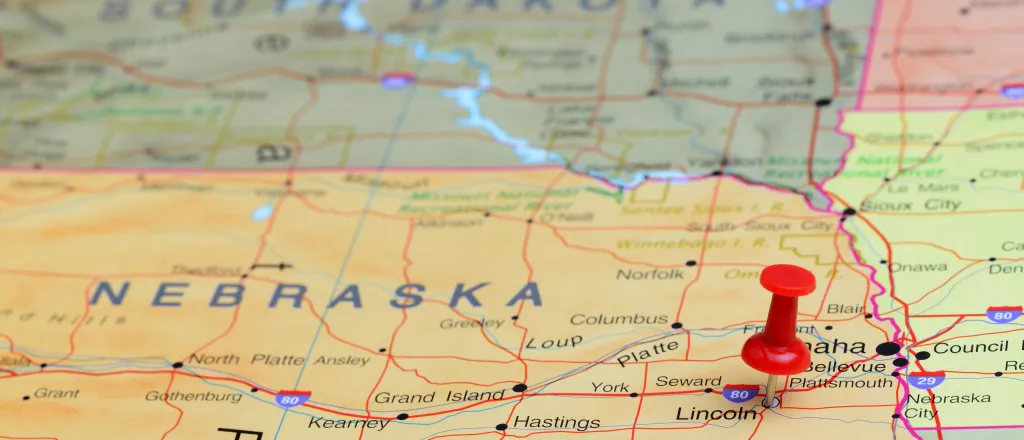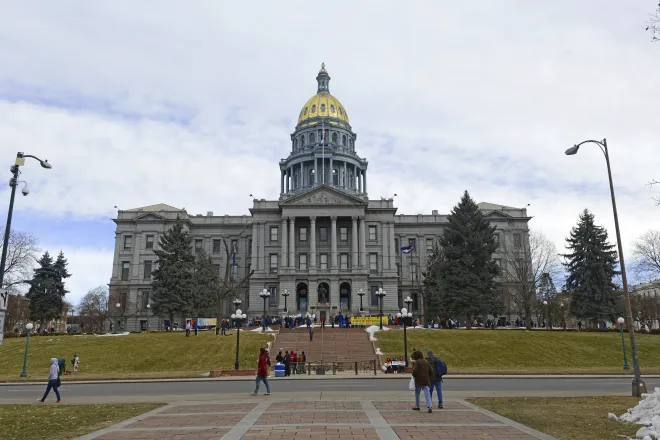
Nebraska attorney: Proposed immigration changes violate U.S. laws, treaties
(Nebraska News Connection) Nebraska welcomed more than 10,000 refugees between 2002 and 2016, and some are still hoping to bring family members to the U.S.
Under the Department of Homeland Security's proposed changes to the asylum application process, it could become more difficult.
They are designed to prevent a surge of migrants at the southern border once the federal health emergency ends in May, ending Title 42. They would deny entrance to anyone who lacks the proper documentation and can't meet certain expectations. Those who enter at the southern border would also need proof they applied for, and were denied, asylum in a third country they passed through.
Joe Lord, lead asylum attorney for the Immigrant Legal Center in Omaha, said it is an often untenable expectation.
"A lot of those countries don't have either an asylum system in place at all, or an effective or safe asylum system in place," Lord pointed out. "It's a complication that's not very fair to people actually fleeing danger and trying to get somewhere safe."
Lord believes the changes could lead to more family separations. He noted no consideration is given for the common case of a person coming to the U.S. alone and later petitioning for family members to join them. He added the backlog of immigration court cases in the Nebraska-Iowa region is currently 28,000, and believes the changes would make the wait even longer.
Another aspect of the changes Lord considers unrealistic is the expectation migrants will use a smartphone app to schedule an appointment with a border agent.
"A lot of people that come through the southern border have nothing when they get here, and that includes access to a smartphone," Lord stressed. "That would be a massive impediment to a lot of people applying."
The Department of Homeland Security proposal makes exceptions for people having a medical emergency, facing an imminent threat or the risk of being trafficked.
Lord pointed to the far greater effect the expectations will have on lower-income people entering through the southern border than on those who can afford to apply for a visa and fly to the U.S. He also believes the changes violate U.S. laws and treaties designed to protect people seeking asylum.
"The laws in the United States explicitly guard an asylum-seeker's right to seek protection, regardless of how they arrive here," Lord emphasized.
The proposed changes are open for public comment until March 27. Lord added he fully expects they will be challenged in court.

















